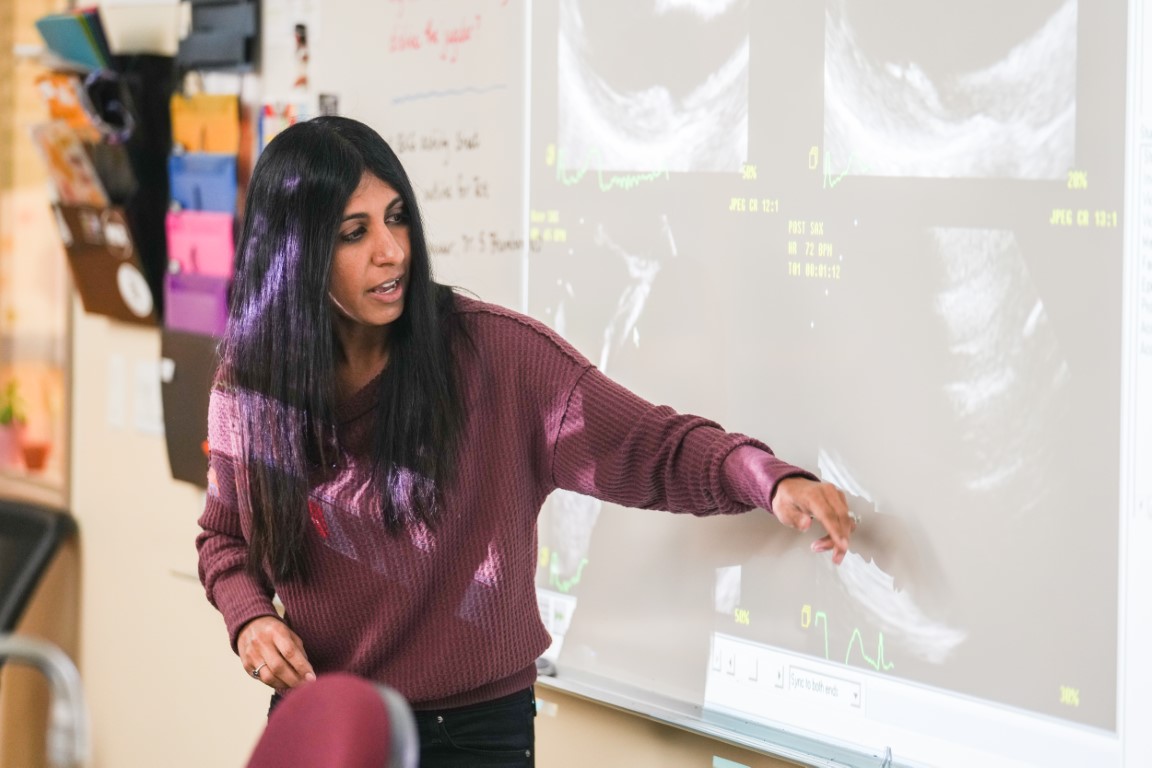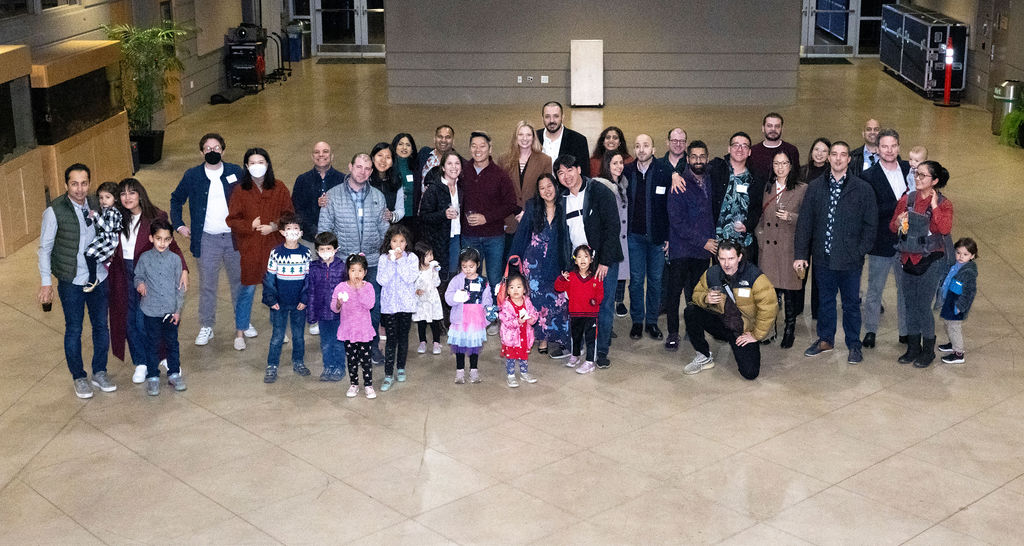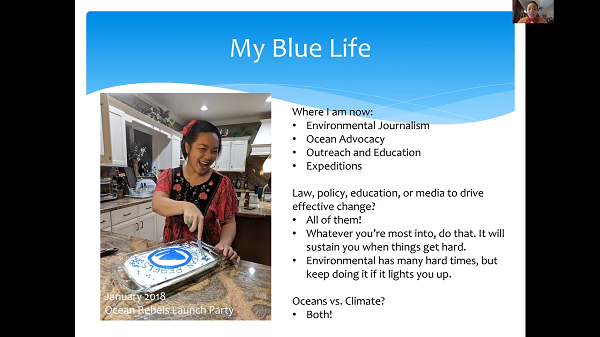Harker students were given a guest lecture by cardiologist Shalini Bhambani ’02, who gave insight into her profession with a series of case studies.
Class of 2002
Class of 2002 reunites for 20th anniversary
Members of the Class of 2002 got together at the upper school campus on Dec. 17 for their 20th anniversary reunion.
Neil Mehta ’02 announces new scholarship endowment
At Wednesday’s Leadership Donor Celebration, Neil Mehta ’02 announced the establishment of The Mehta Endowment in Support of Scholarships and Entrepreneurship.
Alumna offers students advice on careers in environmental advocacy
Last week, middle school science teacher Tamar Hawk invited environmental activist Tiffany Duong ‘02 to speak with her students about careers in environmental advocacy.…



